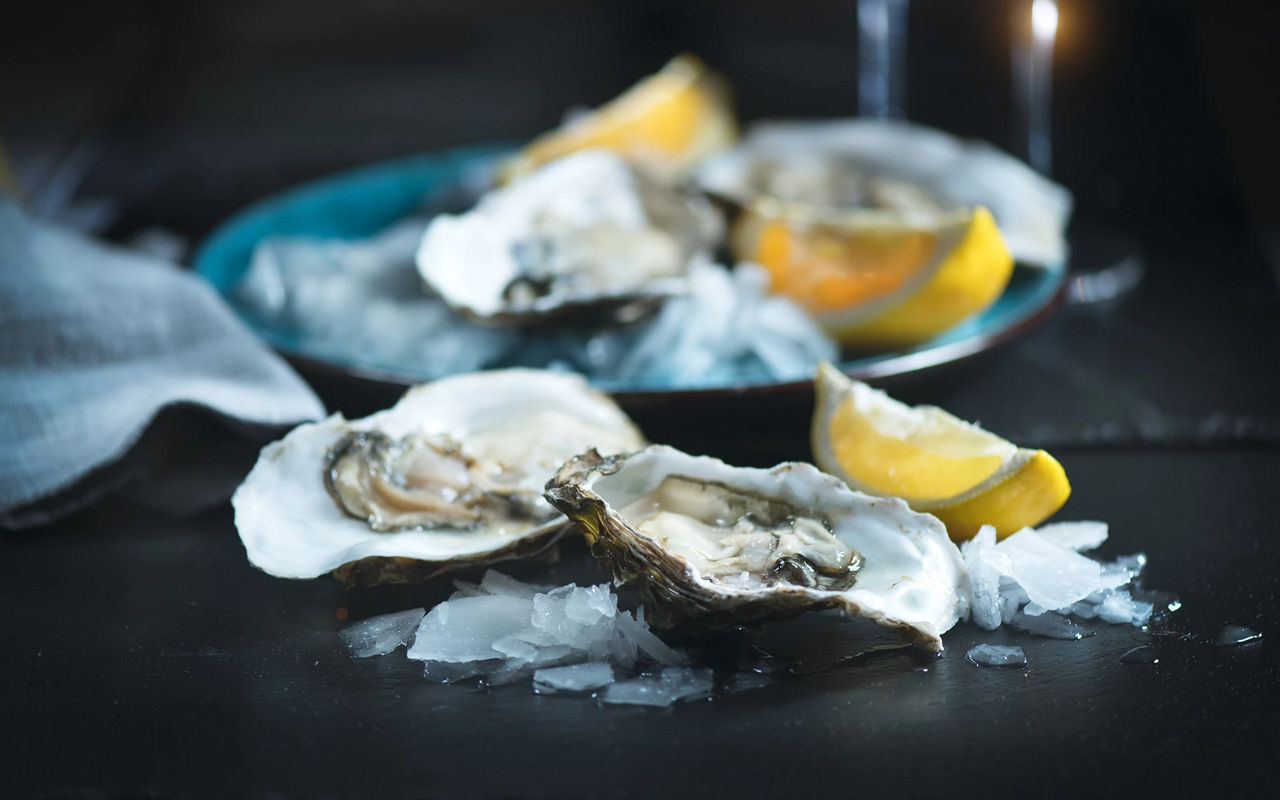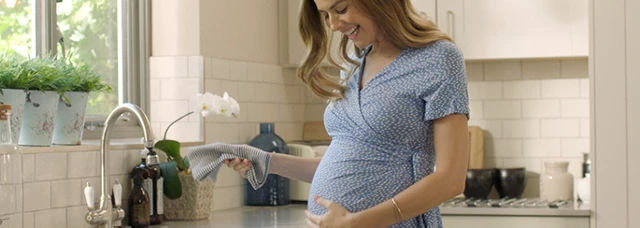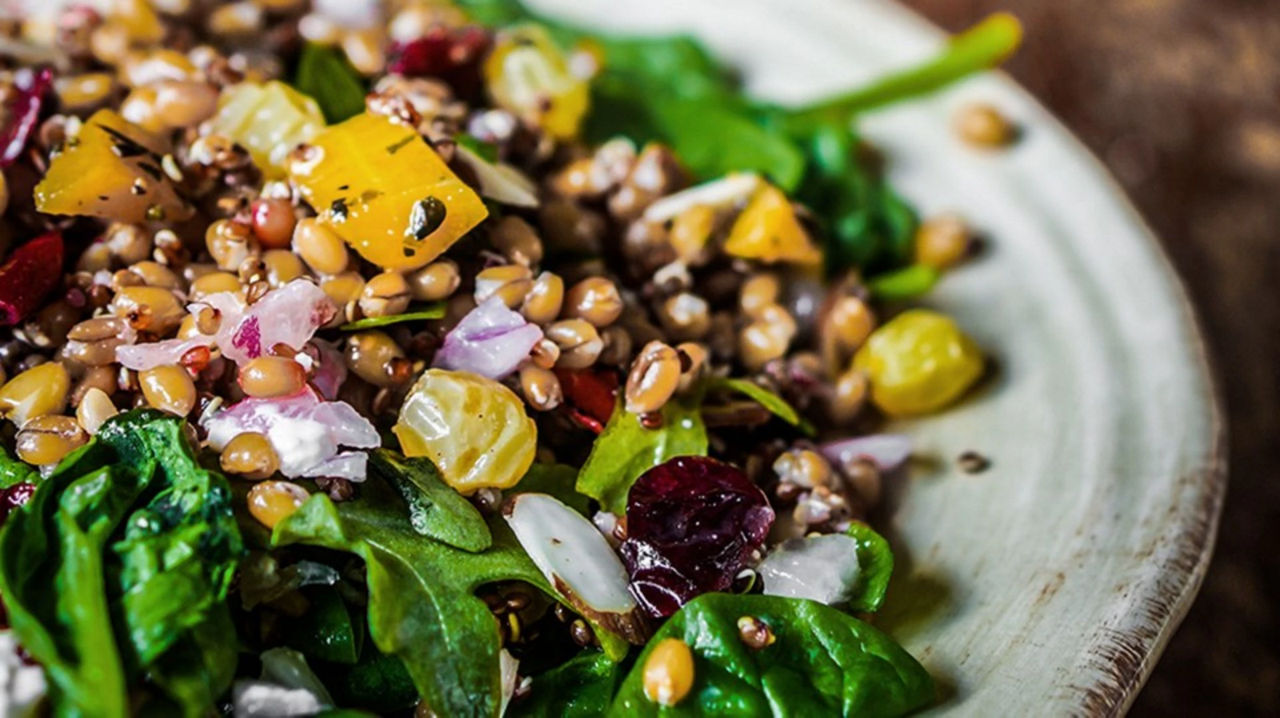Pregnancy Cravings
Cravings are common during pregnancy and can range from the stereotypical pickles to more unusual non-food substances. Learn about the possible causes of cravings, how long they're likely to last and how to indulge them safely without affecting the supply of nutrients to your baby.
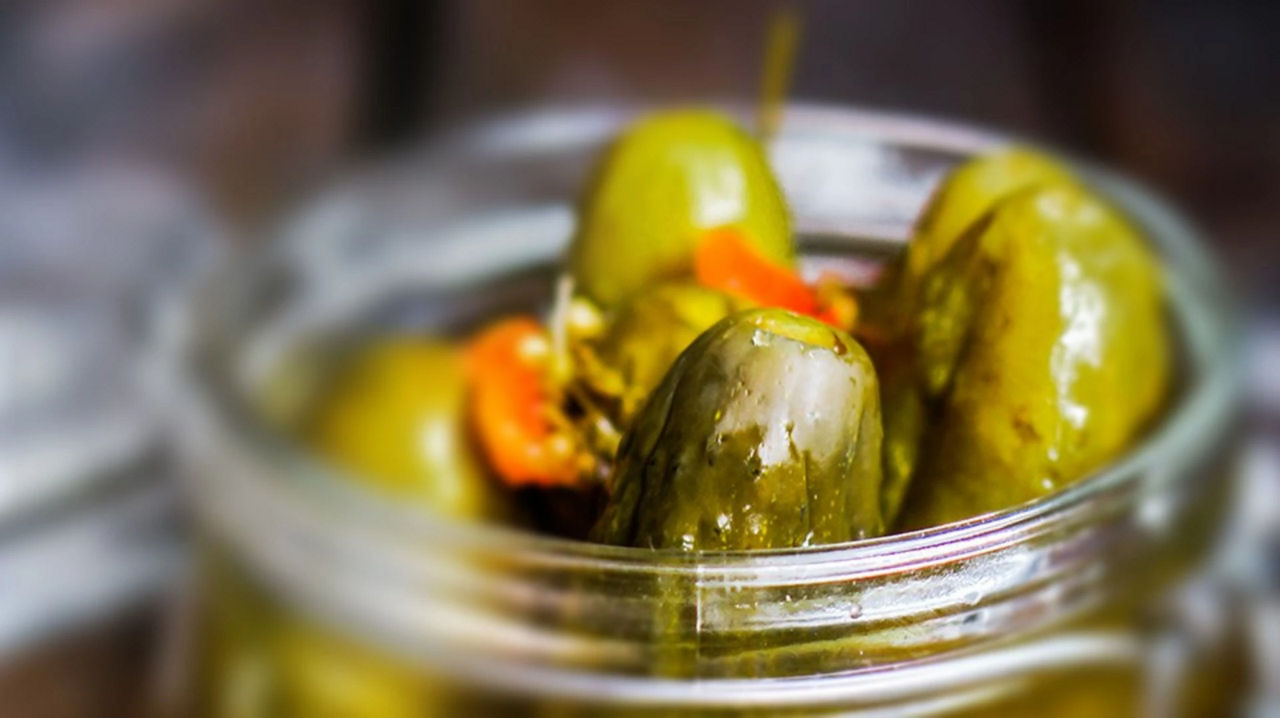
What are pregnancy cravings?
Many women experience strong cravings for particular foods during pregnancy. Even if you’ve never had an appetite for beetroot or lemon slices before, you may have an insatiable hunger for them when pregnant. It can work the opposite way too, and you may find you get a sudden aversion to something you’ve previously enjoyed.
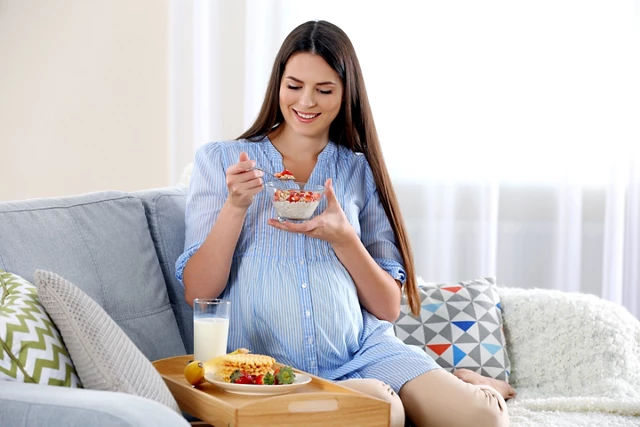
What causes pregnancy cravings?
Cravings can be caused by your fluctuating pregnancy hormones, or they could be your body prompting you to eat more of a vitamin or nutrient that you’re lacking. If you’re craving salty olives, for example, it might be that your body wants you to up your sodium intake.
When do pregnancy cravings start?
Food cravings can start from the moment your body begins to release pregnancy hormones. In fact, new cravings or food aversions are often amongst the first, most noticeable signs of pregnancy.
The strength of your cravings may fluctuate throughout your pregnancy and can change from one month to the next. A review of several studies shows a trend between pregnancy stage and cravings type1. Cravings for savoury foods were more common in the first trimester, whereas women reported more sweet cravings in the second trimester and salty foods were preferred towards the end.
What are the most common pregnancy cravings?
Pregnancy cravings range from the healthy to the not-so-healthy and can include:
Although your cravings may be strong, it’s better to avoid too many unhealthy sugary, salty or fatty foods. Look for healthier options like dried fruit and nuts to satisfy your appetite
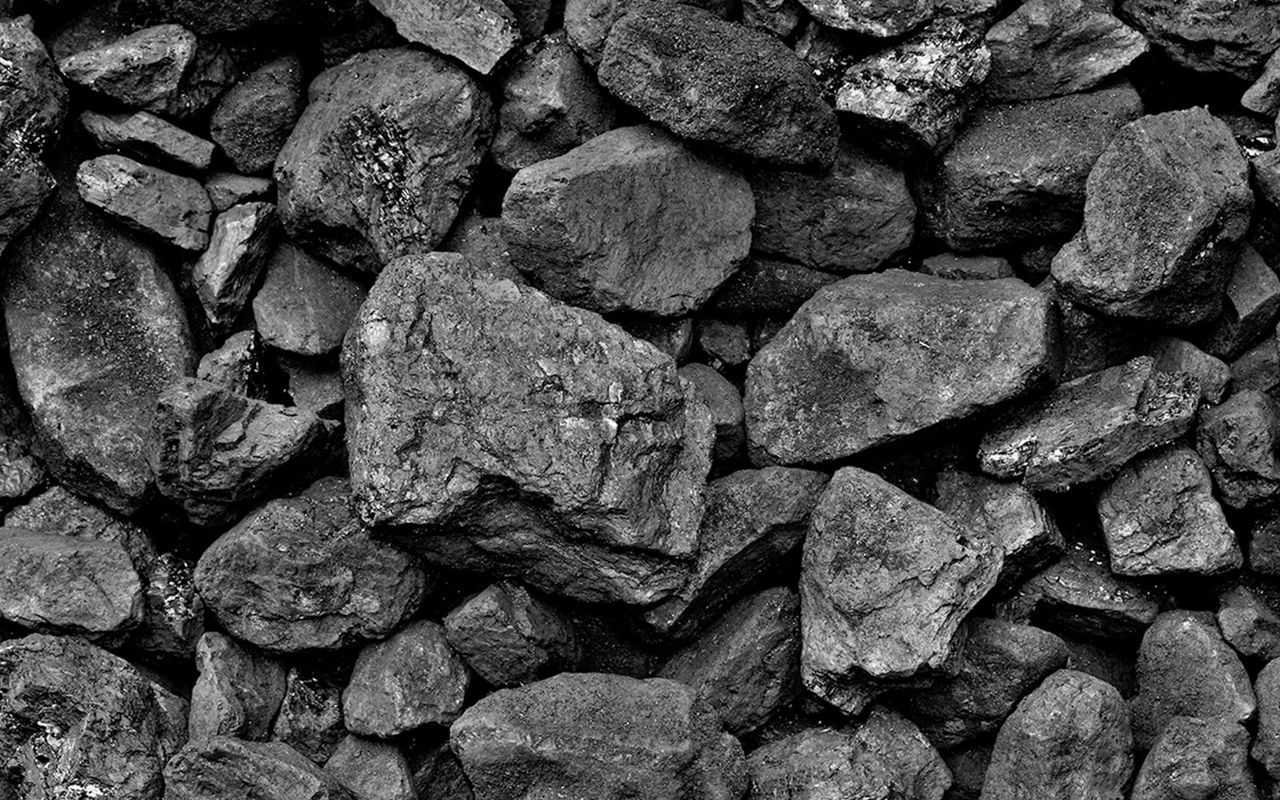
Non-food cravings
‘Pica’ is the term used to refer to a craving that’s non-food based, such as coal, earth or chalk. No-one quite knows why pregnant women experience it, but it could be a symptom of a mineral deficiency2,3, or your body’s way of trying to ease nausea. Pica occurs in pregnant women across the globe and will normally go away of its own accord after your baby is born.
It may sound obvious but if you experience any non-food cravings, it’s important that you don’t indulge them. By resisting the cravings you will avoid any harm to you or your baby.
Instead, try to distract yourself by going on an errand, having a bath or eating a nutritious snack or meal. Make sure you inform your midwife or doctor so that they can support you to make sure you are getting the right nutrition from your diet.
Maintaining a healthy, balanced diet
Pregnancy cravings come and go, and as your pregnancy continues you may find they become less intense. If you have gestational diabetes, you may crave sweet foods later in your pregnancy, which can worsen the condition. But these cravings usually disappear after you give birth4.
Be aware that some foods may come with associated risks. If you’re craving bacon, for example, you may inadvertently consume high levels of salt5. A healthy approach is to look for healthier options. Dried fruit may help to ease a sweet craving, while a bowl of unsalted nuts may satisfy a hankering for crisps.
Eating regular nutritious meals is the best way to ensure your baby gets the nutrients they need for healthy development. So if you find yourself craving sugary or high fat foods try to reach for healthier alternatives:
- Swap chocolate bars for dried fruit.
- Swap biscuits for a toasted tea cake.
- Swap cake for wholegrain toast with jam or bagels.
- Swap crisps for olives, a small handful of nuts and seeds or cheese and biscuits.
- Swap ice cream dessert for a fruit-based dessert.
Related Topics
related articles
Read more

Need some help?
You can get quick answers to common questions in our FAQs.
Alternatively, if you need help with general pregnancy or baby advice, or maybe on using or ordering our products - our expert team are always on hand to talk about feeding your baby.
- Horloff NC, Hormes JM. Pickles and ice cream! Food cravings in pregnancy. Front Psychol 2014; 5: 1076
- López LB et al. Maternal iron status and neonatal outcomes in women with pica during pregnancy. Int J Gynaecol Obstet 2007;98(2):151-152.
- Kettaneh A et al. Pica and food craving in patients with iron-deficiency anemia: a case-control study in France . Am J Med 2005;118(2):185-188.
- Belzer LM et al. Food cravings and intake of sweet foods in healthy pregnancy and mild gestational diabetes mellitus. A prospective study. Appetite 2010;55(3)609-615.
- NHS. Salt: The Facts [Online]. 2018. Available at: www.nhs.uk/Livewell/Goodfood/Pages/salt.aspx [Accessed April 2020]
Last reviewed: 28th July 2020
Reviewed by Nutricia’s Medical and Scientific Affairs Team


